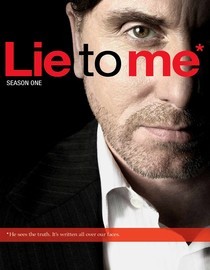There may be some concern about the content of this post. As a group, we've considered the options and believe it best to expose the teachers to this issue. While some students may stumble upon this entry and links, we feel that the exposure to teachers outweighs potential risk of student exposure. Students will find this information in one way or another.
In short, these sites are ones that promote being thin as a lifestyle or see being thin as an ideal, sometimes called, "Pro-Ana" or pro-anorexia. While promoting statistics and information about eating disorders, that masks a reality that is very different. The content of these sites can be disturbing, but teachers need to realize the mind-set and thought processes of their students who may share these viewpoints. The views are of those who are not pro-recovery. At best, reading these blogs is fascinating. At worst, it is disturbing. In any case, they are worth checking out.
The first site is:
http://www.mymirrorimage.moonfruit.com/
The site contains several galleries of thin women. There is one of severely obese women--but these are there only as a reminder of how the author feels about her own body.
To me this quote sums up this site:
"I'm now back at University until the end of June. The doctor has pushed me into seeing a CPN again, and so i might have to see one again. I'm not going to stop though - I know as much as it might be better for me, i don't want to recover yet."
This next site is a blog called
Yummy Secrets. The blog is noted as having a "content warning," but can be accessed by anyone. To quote from this blog (italics mine),
"
This is a ProAna blog. For basic accurate information on the ProAna movement, please read Solidarity in the Proana Community, a well-researched article on Associated Content.com. For my personal opinion on ProAna read this post.
If you have an eating disorder and are seeking help for recovery, I wish you success, but please find help elsewhere. This blog will not help you and may be triggering. A good place to start is Something-Fishy.org. I wish you the best of luck and health.
If you are against ProAna and wish to express it, please do so by sending me an email. I will be happy to discuss it with you, but I'd prefer my blog didn't get spammed up with arguments."
One blog linked from the previous site is called,
I Am Not Ill. There are dozens of other blogs for those who wish to follow others' views and experiences/perceptions of food and other aspects of life.
While you may not like the sites, they will give you some insight.






























